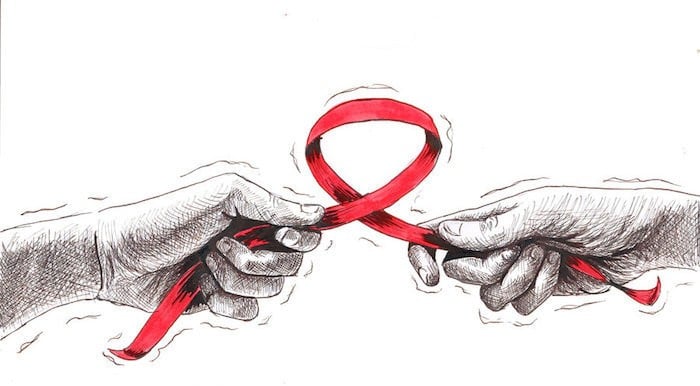Hiding AIDS due to shame not only puts patients at risk of severe complications, often resulting in death, but also endangers others. Initially, this disease manifests as HIV and later develops into the deadly stage of AIDS. Patients who choose to conceal their condition become a threat to their families and communities because if they don’t isolate themselves, their shared items, such as razors or other tools, could pose a fatal risk to others.
According to a 2017 survey by the World Health Organization (WHO), the number of potential AIDS patients in Khyber Pakhtunkhwa was estimated to exceed 15,000 if they underwent testing. If this rate is extrapolated to the present, the number could surpass 30,000. This was also acknowledged by Dr. Tariq Hayat, Project Director for HIV and Hepatitis in Khyber Pakhtunkhwa. While the number of patients receiving treatment in various government hospitals and AIDS centers across the province is 8,356 (including 2,080 women, 6,105 men, and 171 transgender individuals), many cases remain unregistered. Additionally, 283 children have contracted the virus from their mothers.
The data from the Khyber Pakhtunkhwa HIV/AIDS program indicates that 956 patients’ identities have been kept confidential due to societal stigma. Many people fear being ostracized if their condition is revealed. This fear often stems from the misconception that AIDS is solely caused by immoral sexual relations. However, a significant portion of the cases in Khyber Pakhtunkhwa are linked to such behavior.
Dr. Tariq Hayat has also highlighted that a majority of HIV-positive individuals in the region have travel histories associated with Gulf countries. He further emphasized that all transgender individuals in Khyber Pakhtunkhwa who are HIV-positive contracted the disease through sexual contact. He noted that the disease is incurable in its advanced stage, but if diagnosed early during the HIV phase, patients can recover with timely treatment.
Dr. Tariq stressed that undiagnosed and untreated HIV-positive individuals are particularly dangerous as they can unknowingly spread the disease. He urged people to get tested without fear or shame, clarifying that not all cases of HIV/AIDS are caused by sexual contact; many are due to negligence and lack of precaution.
According to Provincial Health Advisor Ihtisham Ali, the government cannot control the spread of AIDS unless people step forward for testing. He warned that the disease could reach an uncontrollable stage if left unchecked, leading to social isolation. He appealed to people to begin treatment promptly rather than succumbing to shame and silence.
On the other hand, it is also true that the official figure of 8,356 registered HIV/AIDS patients in Khyber Pakhtunkhwa does not represent the complete picture. Many patients seek treatment at private hospitals under the condition that their identities remain confidential, meaning their data is not shared with government authorities.


